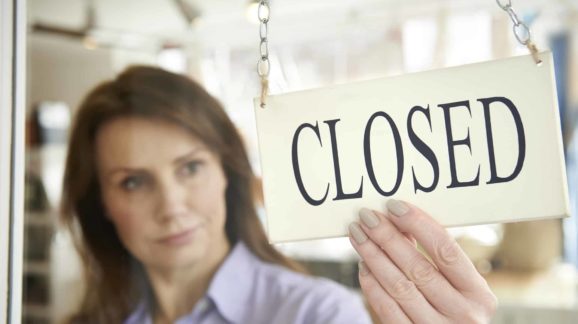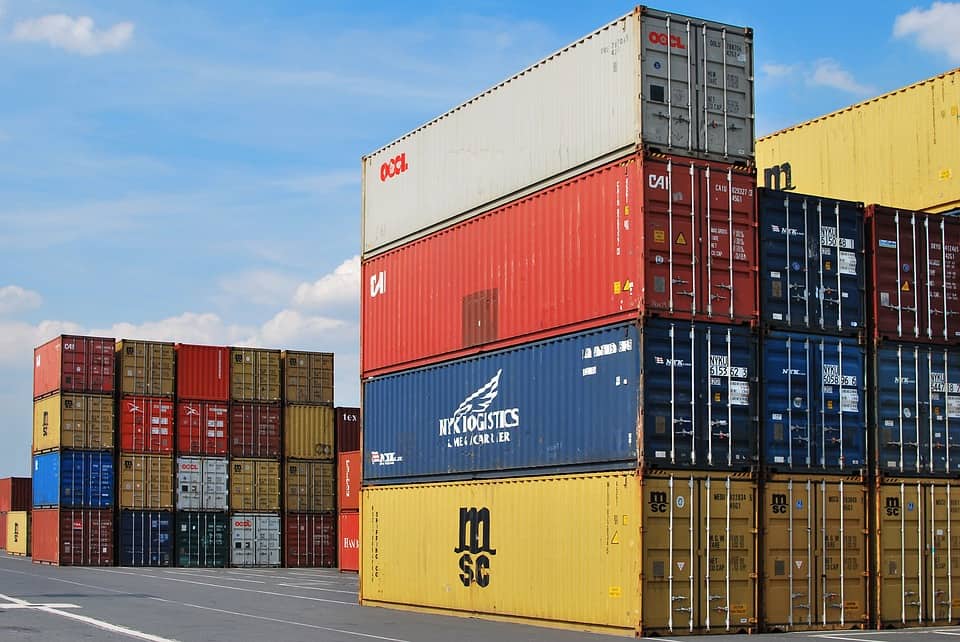Tariffs Slow Investment, Threaten Retail Industry

 Large U.S. companies slowed their investment in the first quarter of 2019, largely because of ongoing trade tensions between the U.S. and China. This is exactly what free-trade economics suggested would happen. When costs increase because of tariffs and uncertainty shadows the direction of trade policy, companies delay investment.
Large U.S. companies slowed their investment in the first quarter of 2019, largely because of ongoing trade tensions between the U.S. and China. This is exactly what free-trade economics suggested would happen. When costs increase because of tariffs and uncertainty shadows the direction of trade policy, companies delay investment.
Delayed investment translates into jobs that don’t materialize and wealth that is not created. High-tech companies in particular are facing strains to their supply chains that will take time to resolve. Protected industries, on the other hand, invest more, but at significant cost to the rest of us. As my colleague Ryan Young pointed out, the steel industry’s “saved” jobs cost the economy about $900,000 each (the similarity to the cost of Obama-era “stimulus” plans is striking.) This is simply bad investment.
Meanwhile, the retail industry is bracing itself for the effects of the latest round of Trump tariffs. A report for investment bank UBS suggests “widespread store closures” are likely (although the National Retail Federation disputes the findings). Footwear retailers are particularly concerned—173 retailers and manufacturers have written to the president warning of a “catastrophic” impact on the companies and their consumers.
The way trade works, these disruptions will be temporary as firms substitute alternatives to Chinese production. However, that will likely involve investment in other countries rather than in the U.S., and the investment will come with high opportunity costs as it eats up resources that could have been invested elsewhere.
For the average American household, the impact of these tariffs may amount to one of the largest tax increases in history, enacted without congressional approval. With the economy seemingly booming thanks to supply-side reforms such as tax cuts and deregulation, it is painful to see the benefits to household income associated with these reforms nullified by higher consumer prices.